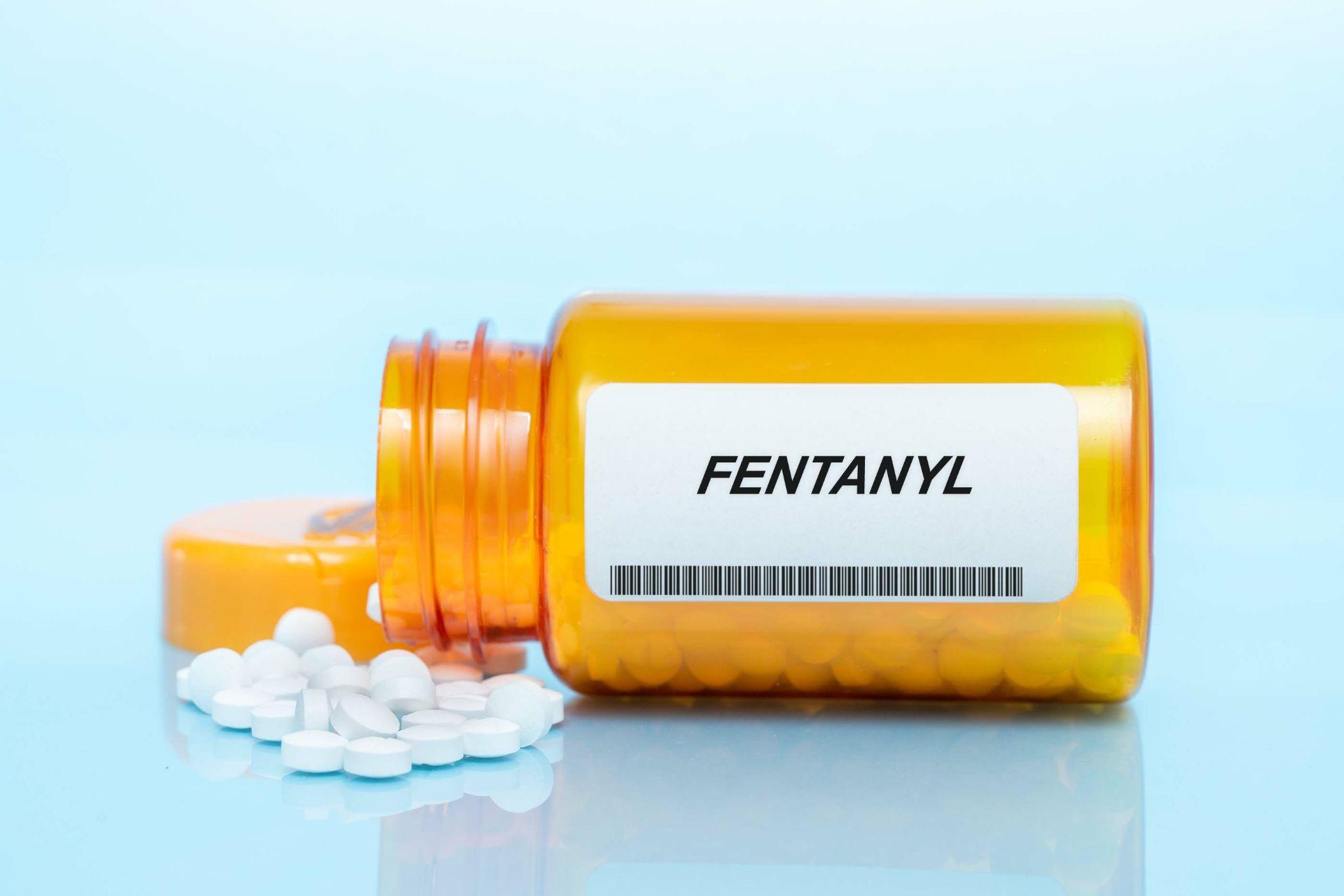Despite fentanyl’s legitimate medical use for severe pain, such as in advanced cancer patients, addiction to fentanyl is a critical and growing issue in communities across the globe.
As a synthetic opioid that is 50 to 100 times stronger than morphine, potential for addiction and overdose on fentanyl is very high. Its potency can make it difficult for users to gauge how much they are consuming, potentially leading to fatal consequences.1
It is extremely important to be educated on the key signs and symptoms of addiction, and understanding the importance of seeking professional help is crucial for both individuals struggling with fentanyl abuse and their concerned loved ones.
Key Signs and Symptoms of Fentanyl Addiction
Knowing the symptoms and signs of fentanyl use is vital for early detection and intervention. Fentanyl use disorder can rapidly lead to physical dependency and profound psychological changes.
Recognizing the most common physical and behavioral indicators and side effects that may suggest a person is struggling with drug abuse can help in seeking timely support and treatment.
Physical Signs
- Changes in sleep patterns and disrupted sleep are common, with individuals either suffering from insomnia or finding themselves excessively sleepy.
- Noticeable weight loss without a clear reason is often seen due to reduced appetite.
- Persistent flu-like symptoms including sweating, shaking, and gastrointestinal distress such as nausea and vomiting can occur.
- Constricted “pinned” pupils even in dim lighting can be noticeable.
- Seizures can have a severe physical effect and need immediate medical attention.
Behavioral Signs
- Individuals may withdraw from social interactions and become secretive about their whereabouts and activities.
- Failing responsibilities in all aspects of life including personal, professional, or educational can occur.
- Increased engagement in risky behaviors are common, such as driving under the influence or using non-sterile needles.
- Sudden or worsening financial difficulties may be a result of spending substantial amounts of money on the substance.
- Some people may doctor shop by seeking prescriptions from multiple healthcare providers in an effort to maintain their supply.
- Rapid and extreme mood swings can occur, especially as the effects of the drug wear off.
- Anxiety and paranoia can escalate with the use of fentanyl, affecting the person’s mental health and quality of life.2
Effects of Fentanyl Addiction
Regular use of fentanyl can cause mood instability, leading to unpredictable emotional responses and complicating personal and professional relationships.
Physiological effects include reduced libido and significant digestive issues such as constipation, which can become chronic and debilitating. Women may experience menstrual problems, further affecting their overall health.
A particularly severe consequence of regular fentanyl use is respiratory impairment. This condition can severely diminish lung function, increasing the risk of respiratory failure, especially during overdose situations.
Moreover, regular fentanyl use typically leads to both dependence and tolerance. Dependence, or addiction, means that an individual will feel unable to function normally without the drug, leading to compulsive drug-seeking behavior.
Tolerance develops simultaneously, compelling the user to consume increasingly larger doses to achieve the same effects previously obtained with smaller amounts. Together, these factors create a dangerous cycle that escalates the risk of overdose and complicates recovery efforts.3
The Importance of Getting Help
Addressing fentanyl addiction and opioid use disorder is imperative due to the high risk of overdose and severe health complications associated with its use. Fentanyl is incredibly potent, and even small amounts can lead to overdose and death. This danger underscores the importance of recognizing addiction signs early and seeking professional help immediately.
Treatment for fentanyl addiction involves stopping drug use and comprehensive medical and psychological support to address the underlying issues that contribute to addiction. Professional treatment can provide the tools and strategies necessary for long-term recovery, including relapse prevention. Addiction also often affects not just the individual but also their family members and friends, making community support and family counseling integral components of effective treatment.
6 Steps to Get Help for Fentanyl Addiction
If you or someone you know is struggling with fentanyl addiction, taking the step to get help can be daunting but is crucial for recovery.
- Acknowledge the problem. The first step in seeking help is recognizing and admitting the presence of a substance use disorder.
- Consult a healthcare professional. Speak with a doctor or addiction specialist who can assess the situation and recommend treatment options. This might include detoxification, medication-assisted treatment, and therapy.
- Contact addiction treatment centers. Facilities like Lumina Recovery specialize in providing comprehensive fentanyl treatment programs tailored to individual needs. These programs typically include medical detox, counseling, therapy, and support groups.
- Involve loved ones. Having the support of family and friends can be a powerful motivator during recovery. Consider involving them in the treatment process through family therapy or education programs.
- Explore support groups. Organizations such as Narcotics Anonymous (NA) or SMART Recovery offer community support and resources for individuals dealing with substance abuse.
- Plan for long-term recovery. Recovery from addiction is a long-term process that may require ongoing support. Planning for long-term strategies, such as continued therapy or maintenance medication, can help sustain sobriety.
Seek Help and Start Your Sobriety With Lumina Recovery
Recognizing the signs and understanding the risks associated with fentanyl use are crucial steps toward addressing this crisis. For those struggling with addiction or for loved ones witnessing these struggles, it’s vital to seek professional help.
Lumina Recovery provides the necessary support and resources for opioid and fentanyl addiction treatment. This may start with medication-assisted treatment (MAT) to manage withdrawal symptoms and extend to dual diagnosis services to treat the root cause. Let this be the moment of change towards a healthier, drug-free life.
If you or someone you care about is struggling with fentanyl addiction, don’t wait. Reach out for help today and begin the journey towards a healthier, drug-free future.
Sources:



